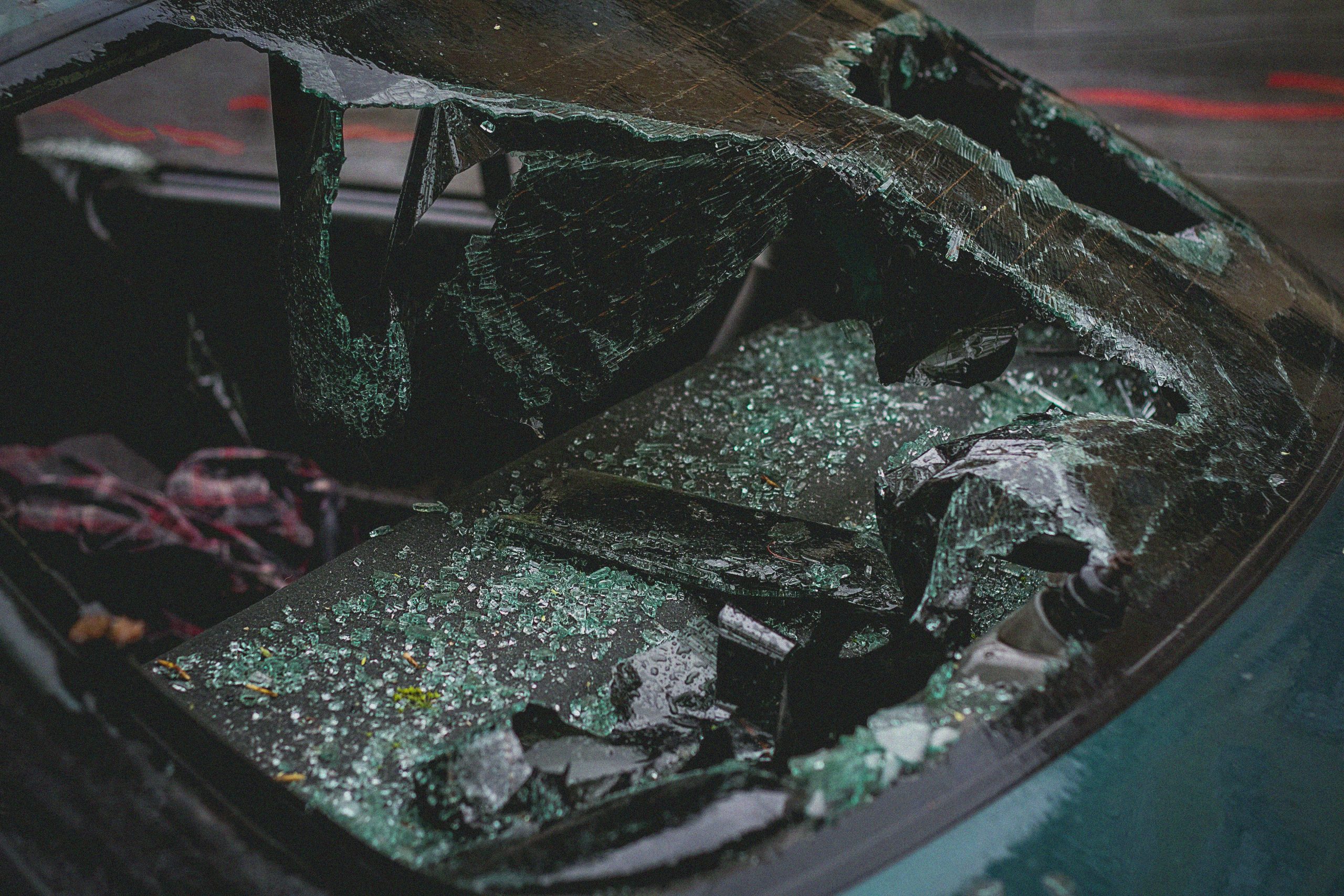Handling Water Leaks in Your Student Apartment: What Are Your Options?
Living in a student apartment can be convenient, but unexpected issues like ceiling leaks can be stressful, especially when safety and personal belongings are at risk. If you’re experiencing a ceiling leak during your stay—such as while completing an internship away from home—it’s important to understand your rights and the best steps to take.
Case in Point: Managing a Ceiling Leak During an Atlanta Internship
Recently, I encountered a ceiling leak in my student apartment in Atlanta. Over the course of a week marked by severe storms, water began to seep through the ceiling, which I promptly reported to management. The leak was significant enough that water collected in a container I placed underneath, and unfortunately, part of my belongings—including my iPad—were damaged overnight.
Initial Response and Lessons Learned
Upon notification, the maintenance team initially believed the container size was sufficient to handle the leak, but the magnitude of the issue soon became apparent—and both the office and I underestimated the leak’s severity. Recognizing the damage, I requested reimbursement for my damaged device. However, the management team declined, stating that I should pursue these damages through my renter’s insurance instead.
Understanding Your Rights and Responsibilities
It’s crucial to clarify that landlords generally hold responsibility for maintaining the structural integrity of the property, which includes addressing leaks and water intrusion. If a leak causes personal property damage, tenants typically have the right to seek compensation or repairs from the landlord, especially if the issue stems from maintenance neglect or structural deficiencies.
When Damage Occurs During Severe Weather
In cases where outdoor storms cause damage, such as leaks, tenants should document all damages and communicate promptly with management. While renter’s insurance can cover personal property losses, landlords are responsible for repairing the structural damage itself. If management dismisses these responsibilities, tenants may need to consult local tenant laws or seek legal advice for guidance.
Practical Steps Moving Forward
- Document everything: Take photos and keep records of damages and correspondence with management.
- Communicate in writing: Report issues officially and keep copies of all notices.
- Review your lease agreement: Understand what is expected of both you and your landlord regarding repairs.
- Consider renter’s insurance: While it can cover personal belongings, it doesn’t replace landlord responsibilities for structural repairs.
Final Thoughts
Dealing with unexpected water damage can be challenging, but knowing your rights helps ensure you’re protected. If your landlord is unresponsive or dismissive about repairs or reimbursements, consider exploring local tenant laws



